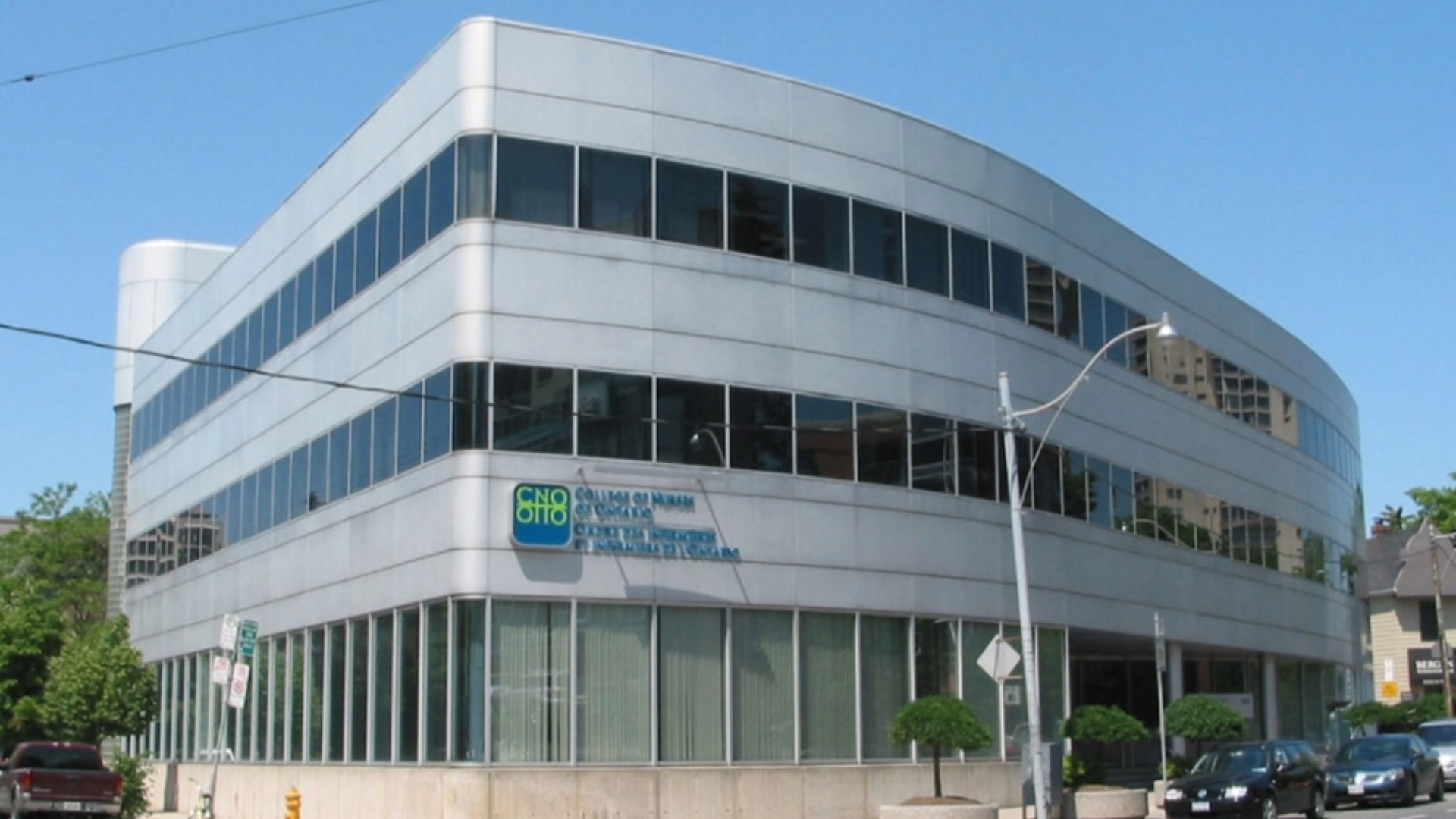
Nurse Alters Morphine Record, Patient Dies: CNO Orders Permanent Resignation
A Profound Breach of Trust in End-of-Life Care In CNO v. Lindsey Coyle, the Discipline Committee of the College of Nurses of Ontario addressed one

On September 29, 2023, the Court of King’s Bench of Alberta found general surgeon, Dr. Adrian Indar, negligent for failing to obtain informed consent from a 26 year-old man for an open inguinal hernia repair. Although the Court did not find the doctor negligent with respect to the procedure itself, the trial judge did conclude that Dr. Indar fell below the standard of care by not offering laparoscopic surgery as an alternative. If this had been offered, the patient would likely have chosen this procedure which would have prevented the vascular insult that caused an atrophied testicle and chronic pain.
ISSUES
The issues at trial were whether the Defendant physician fell below standard of care by choice of procedure (open versus laparoscopic), the performance of the procedure itself, and lack of informed consent.
Causation was at issue in terms of if properly informed, whether the Plaintiff would have chosen laparoscopic surgery over open surgery and whether laparoscopic surgery would have prevented the vascular injury suffered by the patient.
Damages were settled before trial for an undetermined amount.
FACTS
On October 2, 2013, the Defendant doctor performed open hernia repair surgery on the Plaintiff, Fadi Khaleel at the Fort McMurray Northern Lights Regional Hospital (“NLRH”). The Plaintiff had a previous hernia repair surgery as an infant in Jordan.
During the surgery, Dr. Indar encountered significant scar tissue and adhesions. He also encountered extremely rare anatomy. The Plaintiff’s testes were fused together with both vas deferens passing through the right inguinal canal. The Defendant doctor had difficulty confirming the anatomy. In attempting to excise the layers of the spermatic cord, Dr. Indar made an incision in the content of the canal that turned out to be the bladder wall. Dr. Indar requested a second opinion intraoperatively which confirmed the bladder injury and the unusual anatomy. Dr. Indar repaired the bladder and then completed the hernia repair using a synthetic mesh Lichtenstein repair.
Following the surgery, the Plaintiff experienced chronic pain. A year after the surgery the Plaintiff saw a urologist who diagnosed him with an atrophic testicle. In March 2023, the Plaintiff underwent an orchiectomy, removing his right testicle. This significantly reduced his pain.
Inguinal hernias can be repaired using an open Lichtenstein procedure or a laparoscopic procedure. Not all general surgeons in Canada are trained to perform laparoscopic hernia repairs. In October 2013, there were no general surgeons in Fort McMurray, including Dr. Indar, who were trained in laparoscopic hernia repairs.
Chronic pain and testicular atrophy are known risks of both the open and laparoscopic repair procedures.
The patient was never offered the choice of a laparoscopic hernia repair nor was he advised of the risks of testicular atrophy or chronic pain.
DECISION
Standard of Care
The trial judge made the following conclusions with respect to standard of care:
The trial judge further found as a fact that the patient’s hernia was not incarcerated and as such, the options of laparoscopic repair or no surgery at all should have been offered. In summary, the trial judge’s findings on standard of care as against the physician were as follows (at para. 150):
… I conclude that Dr. Indar did not meet his duty to inform Mr. Khaleel of all the risks and reasonable alternative options to open hernia repair. He failed to advise him of the risks of chronic pain and testicular atrophy at the time of consent. He failed to advise him of the alternative options of no surgery or laparoscopic surgery.
Causation
In determining whether there is a causal link between the failure to properly disclose, and the injury that occurred, the Court must apply the modified objective test. The Plaintiff has the burden of proving that if the physician had disclosed the risks and alternative treatments, the reasonable person in the Plaintiff’s circumstances would not have consented to the treatment or would have chosen an alternative treatment and that the alternative treatment or no treatment would not have produced the same or more serious injury.
The trial judge was was not satisfied that a reasonable person would have refused surgery if advised of the risks of chronic pain and testicular atrophy. However, the trial judge found that laparoscopic surgery would have been significantly less risky in terms of potentially causing chronic pain and testicular atrophy. Despite the fact that the patient would have had to been referred to another surgery in another city in the province, the trial judge found that a reasonable patient would have done so to mitigate against these risks.
The defence argued that the complication would likely still have occurred even with a laparoscopic approach. In rejecting the defence position, the trial judge concluded that the Plaintiff’s atrophic testicle was caused by trauma to the testicular artery when the artery was inadvertently cut or ligated on the approach to the hernia and not the hernia repair itself.
Due to the presence of significant scar tissue, the Defendant surgeon was not able to identify the structures as he was dissecting through the scar tissue. Based on this, the Court reasonably inferred on a balance of probabilities that this vascular insult would not have occurred if the repair was done laparoscopically where the surgeon was looking at unviolated tissue and cutting from known to unknown, allowing for a safer excision.
While the experts testified that chronic pain is not well understood, the trial judged accepted that since the Plaintiff experienced significant decrease in his testicular pain after the orchiectomy, it is likely that his chronic pain was caused by the atrophic testicle. As such, the Court concluded that the Plaintiff’s chronic pain was caused by the testicular atrophy.
EXPERT LIABILITY WITNESSES
Plaintiffs’ Experts
Dr. Pavi Khundal is a general surgeon at William Osler Health System in Brampton and was qualified to provide opinion evidence on standard of care and causation.
Dr. Ercole Leone was a treating urologist and was qualified to provide opinion evidence on causation. Dr. Leone is Head of Urology at Providence Health Care which includes St. Paul’s Hospital and Mount St. Joseph Hospital in Vancouver, British Columbia.
Defence Experts
Dr. Lloyd Smith is a general surgeon at North York General Hospital in Toronto and was qualified to provide opinion evidence on standard of care and causation.
Dr. Christopher Wu is a urologist and was qualified to provide opinion evidence on causation. Dr. Wu practices out of Burnaby Hospital but also works at the Eagle Ridge Hospital in Port Moody as well as the Royal Columbian Hospital in New Westminster, British Columbia.
Decision Date: September 29, 2023
Jurisdiction: Court of King’s Bench of Alberta
Citation: Khaleel v. Indar, 2023 ABKB 547 (CanLII)

A Profound Breach of Trust in End-of-Life Care In CNO v. Lindsey Coyle, the Discipline Committee of the College of Nurses of Ontario addressed one

What College of Physicians and Surgeons of Ontario v. Thirlwell, 2026 ONPSDT 5 Means for Patients and Public Trust In College of Physicians and Surgeons